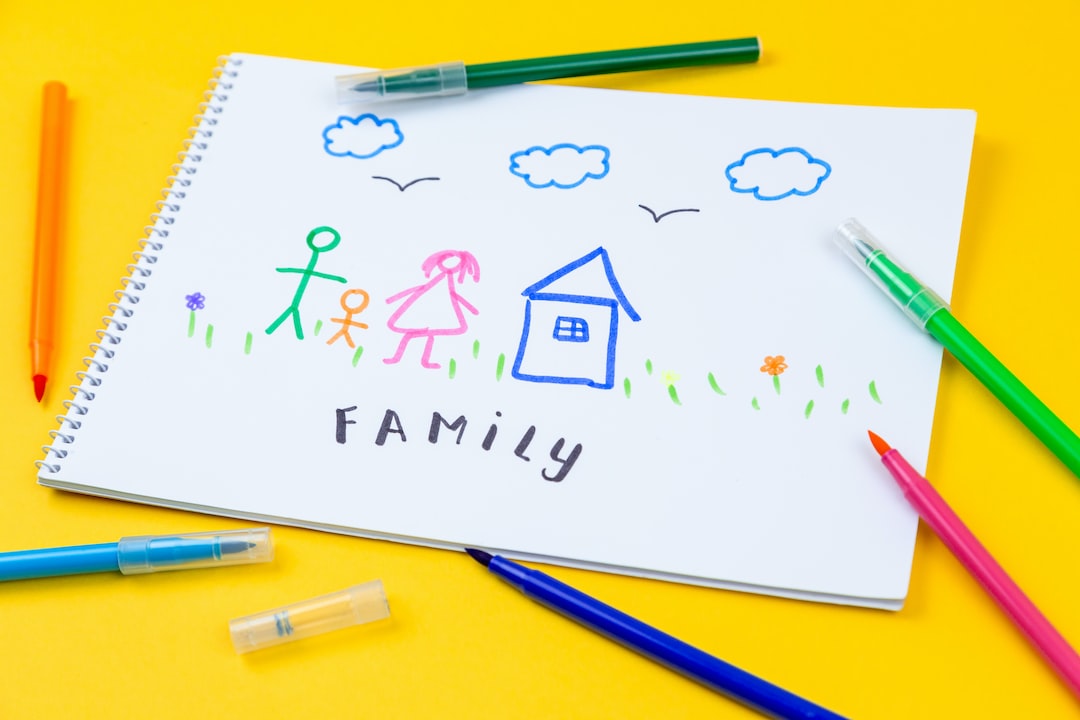Title: The Role of Education in Sustainable Development and Environmental Consciousness
Introduction
Education plays a vital role in shaping the future of our planet. As we face unprecedented environmental challenges, it has become increasingly important for education to foster sustainable development and environmental consciousness. In this blog post, we will discuss the significance of education in building a sustainable future, not only by instilling knowledge but also by promoting eco-conscious behavior.
Knowledge and Awareness
Education is the key to raising awareness about environmental issues and their impact on the planet. By equipping students with knowledge about climate change, pollution, deforestation, and other ecological challenges, education empowers individuals to make informed decisions and take responsible actions. It allows students to understand the consequences of human activities on the environment and encourages them to work towards a greener, more sustainable future.
Promoting Sustainability in Curriculum
Integrating sustainability principles into the curriculum is crucial for ensuring that students develop an environmental consciousness from an early age. Education should focus on teaching children about the interdependence of living organisms, the importance of biodiversity, and the need to adopt eco-friendly practices. Subjects such as environmental science, renewable energy, and waste management should be included in school curricula to foster an understanding of sustainability and the urgent need for its implementation.
Experiential Learning and Environmental Stewardship
Education should go beyond theoretical knowledge and embrace experiential learning. Field trips, outdoor activities, and hands-on projects can help students connect with nature and develop a sense of responsibility towards our planet. Activities like tree planting, recycling initiatives, community clean-ups, and gardening can instill values of environmental stewardship in students, encouraging them to contribute to the preservation of the environment.
Critical Thinking and Problem Solving
Education should also emphasize critical thinking and problem-solving skills to equip students with the tools needed to address environmental issues. By fostering creativity and encouraging innovative solutions, education empowers individuals to find sustainable alternatives to current practices that harm the environment. Students need to be motivated to think beyond conventional methods and come up with transformative ideas that contribute positively to the planet’s well-being.
Education for Sustainable Development
Education for Sustainable Development (ESD) is an approach that aims to empower individuals to address sustainable development challenges through transformative education. ESD integrates environmental, social, and economic dimensions, equipping students with the necessary skills and knowledge to live sustainably. By emphasizing collaborative learning, systems thinking, and values-based education, ESD promotes active citizenship and encourages individuals to make sustainable choices in their personal and professional lives.
Community Engagement and Collaboration
Education should promote community engagement and collaboration, encouraging students to actively participate in environmental initiatives. By becoming part of environmental clubs, organizations, or local initiatives, students develop a sense of belonging and understanding of the challenges facing their communities. Through collective action, they can drive positive change and contribute to sustainable development. Education should emphasize the importance of collaboration, as it requires combined efforts from various stakeholders to tackle complex environmental issues.
Conclusion
Education plays a pivotal role in promoting sustainable development and environmental consciousness. By imparting knowledge, raising awareness, promoting sustainable practices, and fostering critical thinking, education creates the foundation for a greener, more sustainable future. It empowers individuals to make informed choices, develop environmental stewardship, and actively contribute to preserving our planet for future generations. Through education, we can shape a new generation of environmentally conscious individuals who prioritize sustainability and work tirelessly towards creating a harmonious relationship between humans and the environment.

